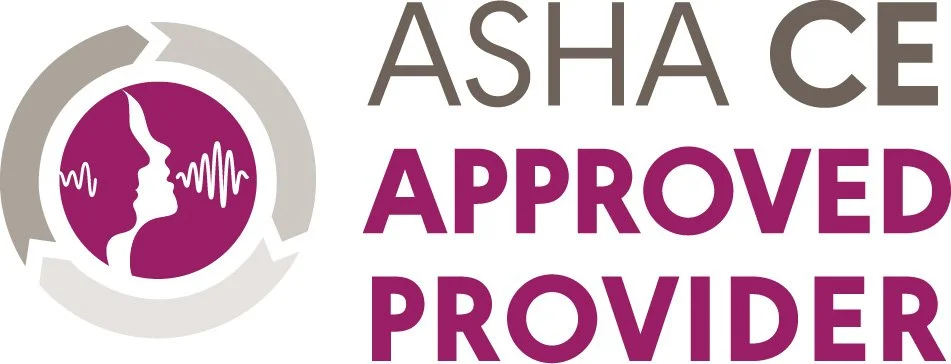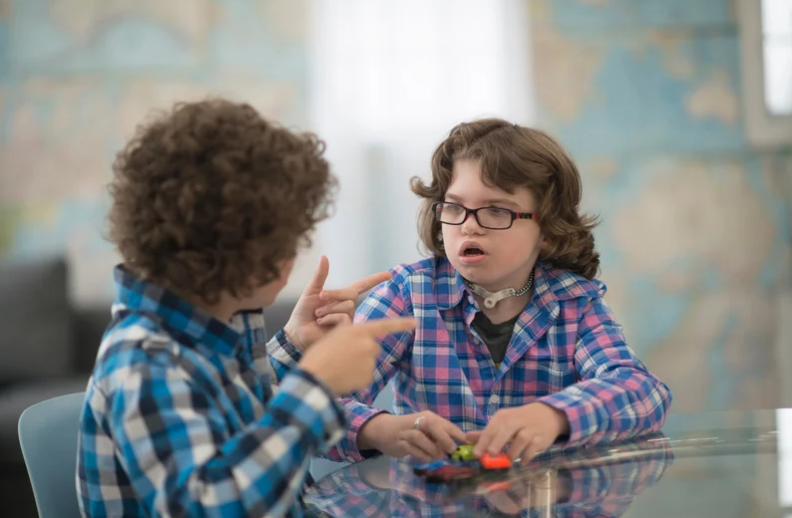
Every Deaf child has the right to learn a first language effortlessly.
Language First is dedicated to supporting families and educational teams by promoting awareness of American Sign Language (ASL)/English bilingualism and the critical role of a strong first language foundation for Deaf and hard of hearing (DHH) children. Explore our resources, handouts, events, and intervention activities designed to empower parents and professionals with evidence-based tools to support every DHH child.
What is Language First?
Every Deaf or hard of hearing (DHH) child deserves to effortlessly acquire a strong first language foundation. Linguistic and cognitive development must be the first priority for these children, over speech production and listening skills. Language— not specifically oral language, but any language— is essential for healthy brain development.
Language First emerged after five years of witnessing the devastating effects of language deprivation on DHH children. Founder Kimberly Ofori-Sanzo, a speech-language pathologist (SLP), observed firsthand how children suffered irreversible cognitive and linguistic delays, often stemming from misinformation provided to families by well-intentioned medical professionals.
One of the most significant examples of this is the promotion of oral language to the exclusion of a signed language. Far too often, parents and school systems recognize the issue only after years of unsuccessful mainstream or oral-only programming. By that time, children have typically passed the critical period for language acquisition, resulting in significant delays in cognitive and linguistic development, sometimes accompanied by frustration or aggressive behaviors as they attempt to communicate. While many of these children make rapid progress once immersed in ASL, the lost opportunity for early language access cannot be fully recovered. Accessible language from birth is the only true prevention.
Grounded in this reality, the Language First philosophy advocates for providing DHH children with both American Sign Language (ASL) and English from birth. This allows each child to determine which language, or combination of languages, best supports their growth. To support this, we created a birth-to-five theoretical framework that prioritizes comprehensive cognitive and language development above speech and listening skills. This strengths-based approach centers the DHH child’s needs and well-being, equipping professionals to implement evidence-based strategies that foster long-term success.
Language First serves as a trusted resource for parents and professionals in Deaf education, offering handouts, videos, and research to highlight the neurological impact of delayed or incomplete first language acquisition and the importance of early, accessible language. If you are ready to embrace the Language First mindset and bring research-based best practices into your work with DHH children, explore our FiRST Training and learn how to provide children with the strong language foundation they deserve.
Mission and Core Values
Language First is dedicated to advancing awareness of ASL/English bilingualism and the vital role of a strong first language foundation for Deaf and hard of hearing (DHH) children. Our mission is carried out by educating and supporting parents and professionals with the latest evidence-based knowledge and practices. Through conferences, online webinars, and professional development trainings, we provide continuing education that empowers professionals to implement best practices. For families, we offer free parent handouts, quarterly applications for free ASL sessions, and an online directory of pro-ASL professionals to help connect them with qualified providers in their state. Every aspect of our work is designed to ensure that DHH children receive the early, accessible language they need to thrive. Read our full mission statement here.
Language First is guided by our core values of Integrity, Innovation, and Social Justice. We believe in conducting our work with honesty, transparency, and accountability, always centering the best interests of the children and families we serve. We embrace innovation by actively seeking new knowledge, creative solutions, and evidence-based practices that bring meaningful change to Deaf education. Finally, we are committed to social justice, advocating for the human right of every DHH child to have equitable access to language and education. Read more about our core values here.
Because Language First was founded by a hearing professional, we are intentional in following the Guiding Principles for Hearing Allyship, ensuring that our work remains accountable to and aligned with the Deaf community. Read our founder’s positionality statement here.

Early Access. Early Connection. Early Language Center.
Meet the Team
-
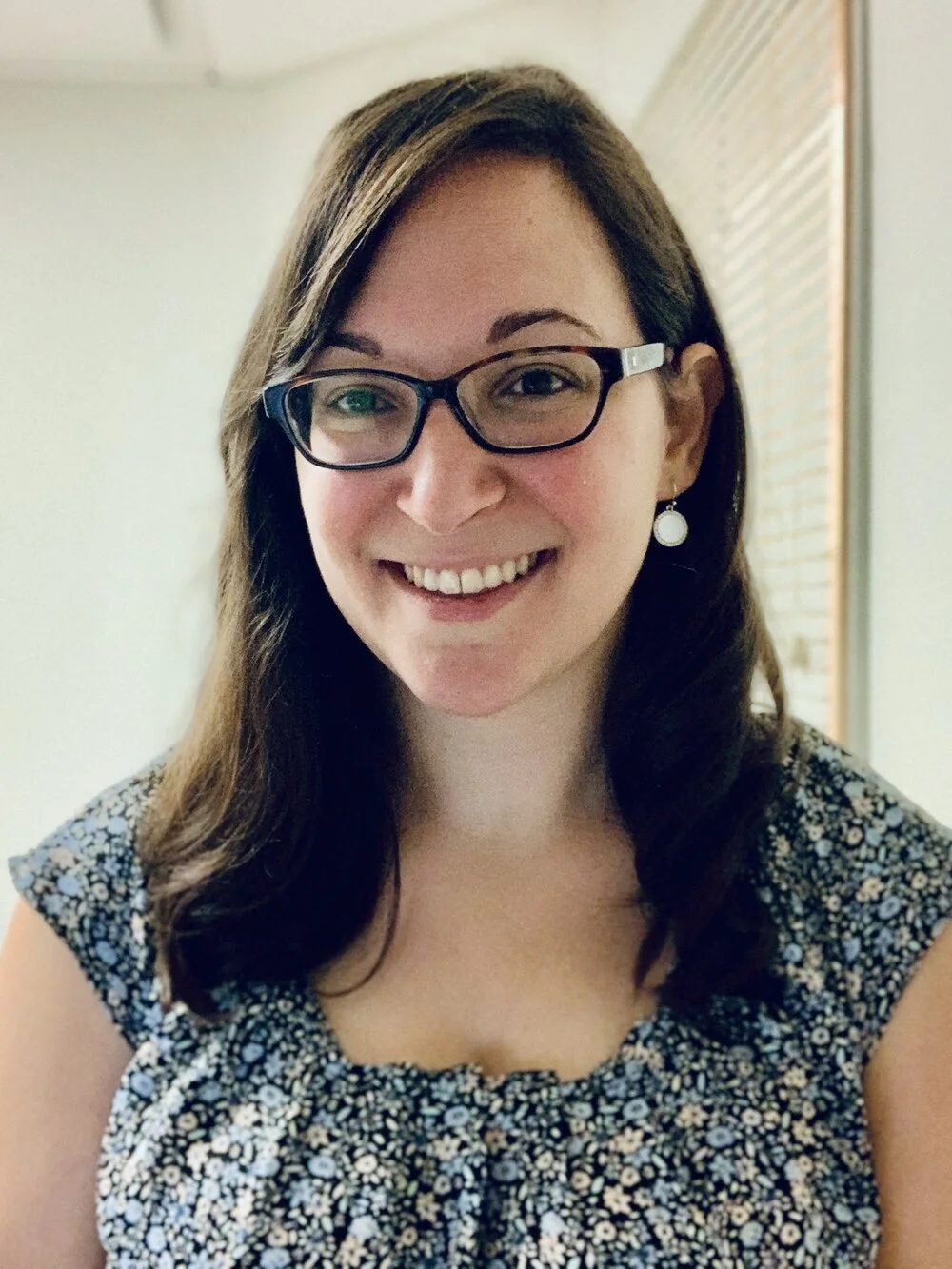
Dr. Kimberly Ofori-Sanzo
DIRECTOR
Kim is a speech-language pathologist (SLP) who has experience working at a school for the deaf, as well as presenting and publishing on topics related to language acquisition, bilingualism, and language deprivation. She earned her B.A. in Psychology and in Communication Sciences and Disorders from the University of Vermont in 2010, her M.S. in Speech-Language Pathology from Gallaudet University in 2012, and her Doctor of Speech-Language Pathology (SLPD) in 2022. She is a board-certified specialist in child language (BCS-CL) through the American Board of Child Language and Language Disorders and is co-founder of the American Board of Deaf and Hard of Hearing Specialists (ABDHHS).
-

Mike Lupo
ASSOCIATE DIRECTOR
Mike is a Deaf itinerant teacher of the deaf at a southeast North Carolina public school district servicing 16 Deaf and hard of hearing children and he teaches American Sign Language at a local community college. Mike attended National Technical Institute for the Deaf (NTID) and graduated from Rochester Institute of Technology with a BSW in Social Work. A year later, he received his Master’s in Deaf Education from the University of Rochester. He later furthered his graduate studies at the University of North Texas with a Master’s in Rehabilitation Counseling in 2008 and also completed his graduate studies at Eastern New Mexico University in ESL/TESOL in 2015. He has taught Deaf children at schools for the Deaf and public schools as well as provided vocational rehabilitation counseling services to deaf adults.
-

Dr. Kinya Embry-Wright
ASSISTANT DIRECTOR
Kinya is a speech-language pathologist who received her Bachelors degree in Communication Sciences and Disorders with a minor in American Sign Language in 2016 and her Masters in Speech- Language Pathology in 2018, both from Western Kentucky University. She received her PhD from the University of Kentucky in 2024. Kinya began her career at the Kentucky School for the Deaf and has since worked in outpatient pediatric clinics and in public schools. Her current role is an Assistant Professor in the Communication Disorders program at the University of Louisville. Kinya has presented on topics related to speech and language services for deaf and hard of hearing children and authored her own theoretical framework, The Fundamental Framework for Deaf and Hard of Hearing Children.
-

Laura Sankey-Balta
EVENT COORDINATOR
Laura is a speech-language pathologist at the Rochester School for the Deaf. She received her B.A. in Communication Sciences and Disorders from the University of Pittsburgh in 2017 and her M.A. in Speech-Language Pathology from Saint Louis University in 2019. During her graduate work, she completed a thesis titled, “Perspectives of the Deaf on Speech-Language Services” that investigated the experiences of young Deaf adults with speech-language pathologists. Guided by her experience, she wrote an article for the ASHA Leader magazine titled “More Than Articulation,” describing the importance of incorporating Deaf culture and community into intervention with Deaf students.Laura is a child of Deaf adults (CODA) which affords her a unique perspective and fuels her desire to make speech-language intervention a positive experience for Deaf children. In her current work, she provides assessment and intervention services in ASL and English.
-

Jaime Marshall
ASL CONTENT SPECIALIST
Jaime, MSW and MASLED, has over 10 years of American Sign Language teaching experience, training and mentoring student interpreters and professional interpreters. She is a faculty member at Appalachian State University in Boone, NC. Jaime attended NC School for the Deaf in Morganton, NC from K to 12 and matriculated at Gallaudet University with triple majors: Social Work, Psychology and Art History & Museum Studies. She also has two Master's degrees: Social Work and Sign Language Education. She has served on the NC Interpreters and Transliterators Licensing Board and continues to serve on the NC Association of the Deaf Board. Jaime is dedicated to paying particular attention to marginalized children as she strongly feels that is important that our physical, emotional, mental and spiritual well-being is valued and nurtured as a whole.
-
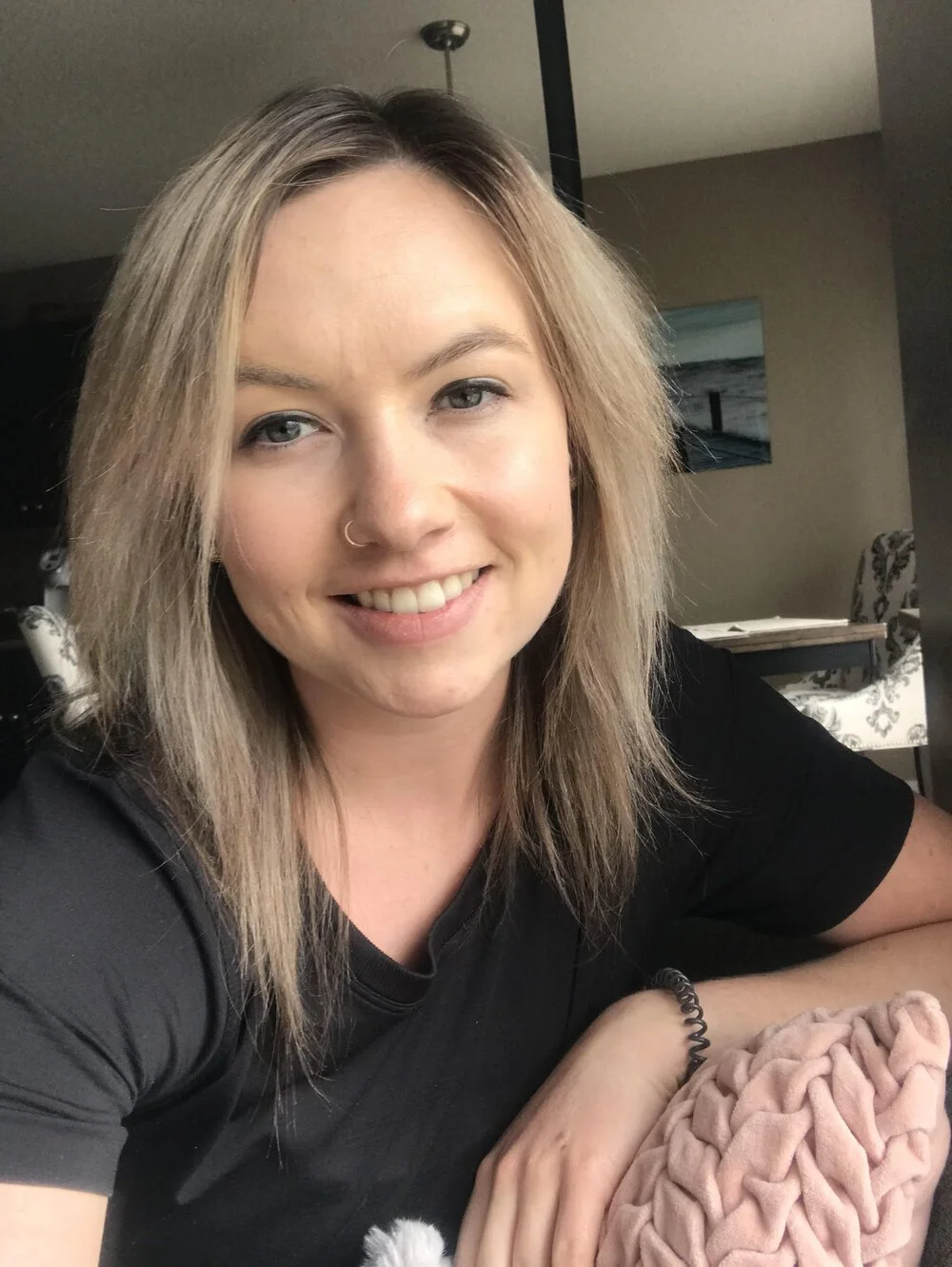
Holly Maschmeyer
CONTENT CREATOR
Holly is a teacher for the Deaf/hard of hearing. In her current role, she is working as an Educational Consultant for students who are Deaf/hard of hearing for a low incidence team in Alberta, Canada. She is hard of hearing, fitted with two hearing aids.She received her B.A. in Psychology with a minor in Linguistics from the University of Alberta in 2017 and her M.Sc. in Special Education with a concentration in Deaf and Hard of Hearing Education from Minot State University. Over the last seven years, she has become increasingly involved in the Deaf community. She has also been involved in work with early childhood aged DHH children, facilitating language learning and acquisition of both English and American Sign Language. This includes working with children in specialized preschool programs, kindergarten classrooms, mainstream public classrooms, and deaf education classrooms.
-
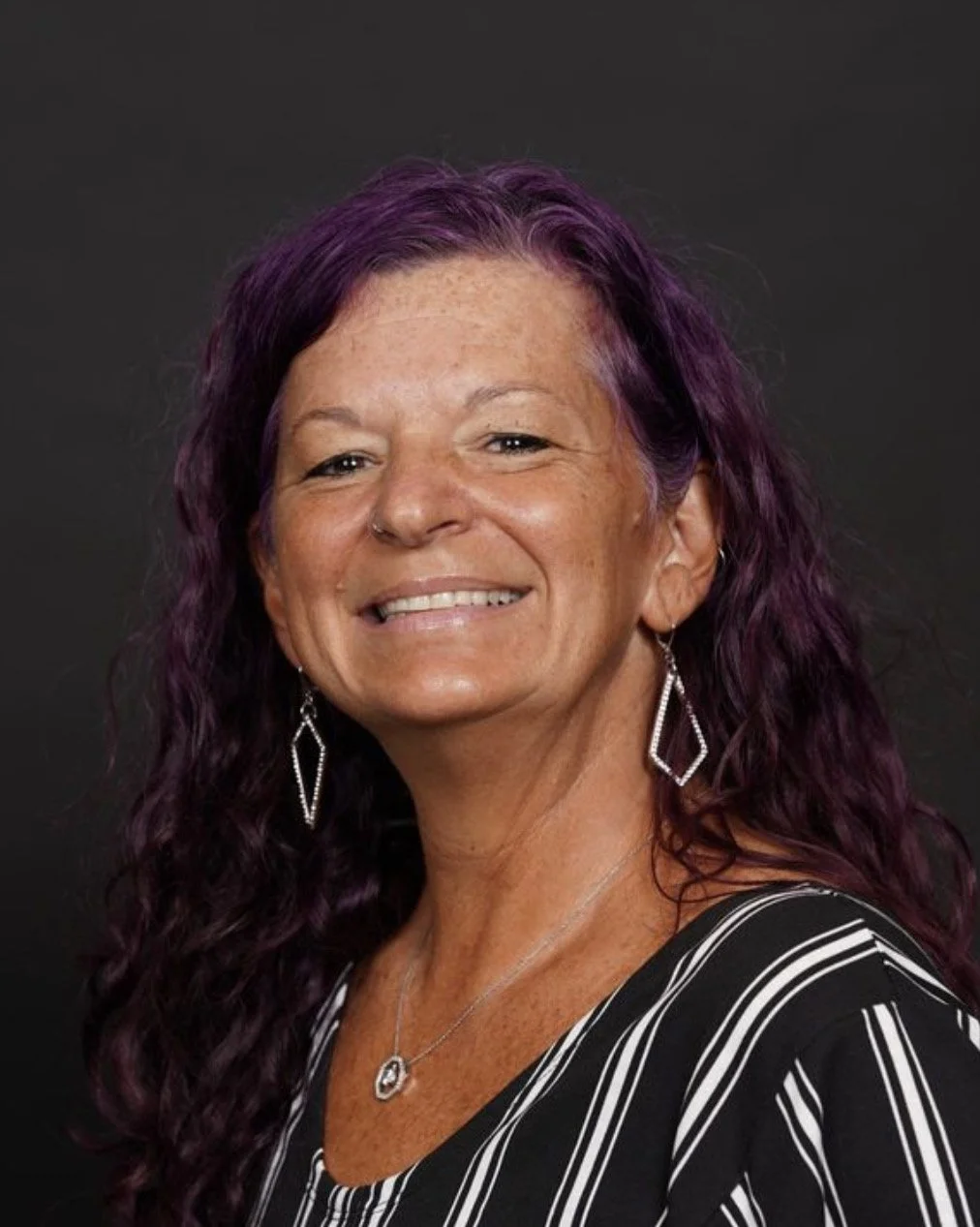
Dr. Heidi MacGlaughlin
ASL CONTENT SPECIALIST
Heidi has been an educator in Deaf education for more than 20 years. She holds certifications in E-12 Deaf and Hard of Hearing, E-12 American Sign Language, Principal, ASL/English Bilingual Early Childhood Education, Council on Education of the Deaf (CED), and ACUE Effective Teaching Practice Framework. She received her doctorate degree from Lamar University in 2018. Heidi specializes in early language acquisition, ASL/English bilingual education, family literacy, and fingerspelling. She is currently an assistant professor in the Department of Deaf Studies and Deaf Education at Lamar University and directs a graduate program in Deaf Education. Heidi has presented at various conferences and serves on the Associate of College Educators - Deaf and Hard of Hearing (ACE-DHH) Board as Assistant Membership Chair.
-
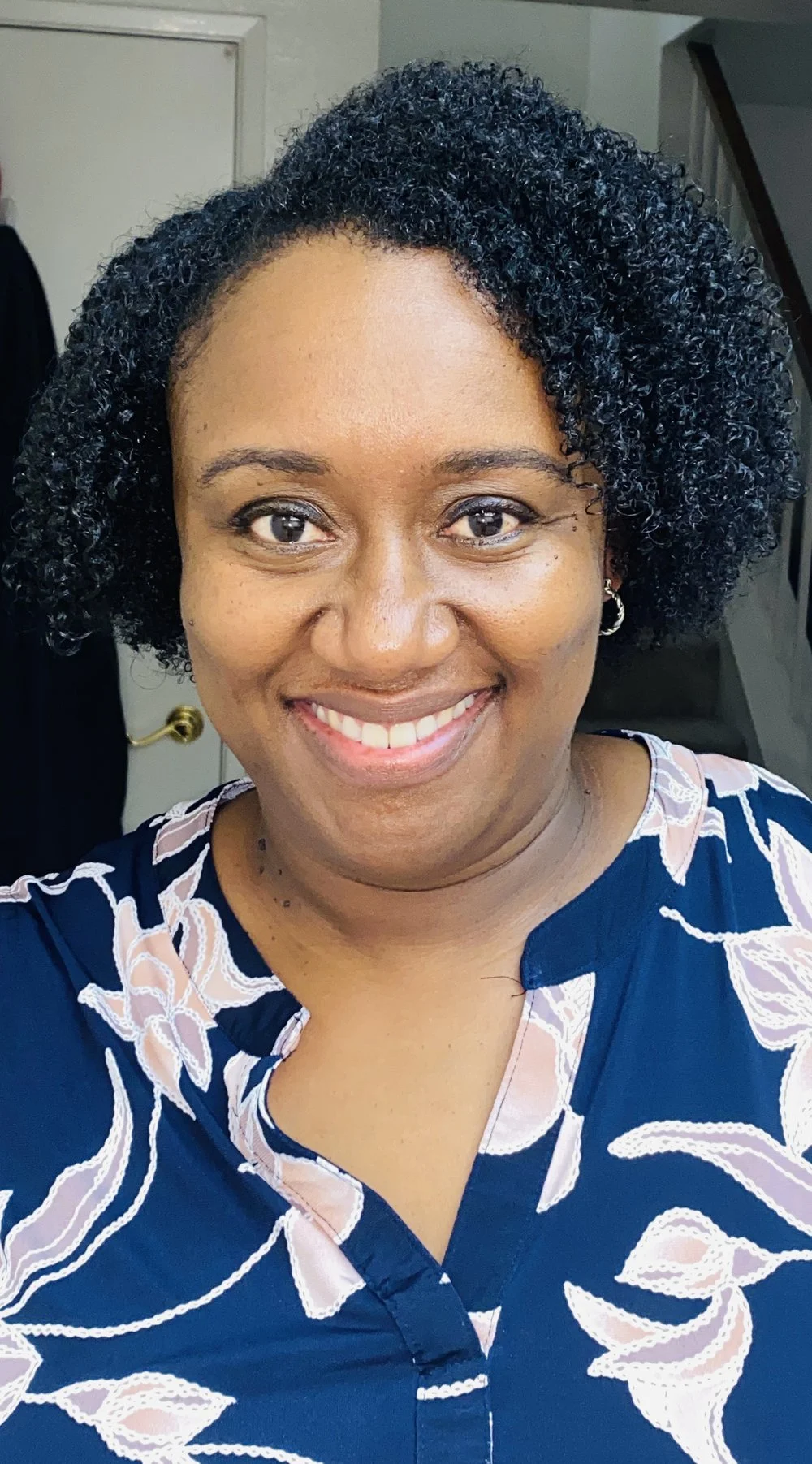
Mallorie Evans
CONTENT EXPERT
Mallorie has been an educational audiologist working with students who are Deaf/Hard of Hearing in schools for the deaf and local public schools for 20 years. She has also been an adjunct professor for teacher preparation in Deaf Education through California State University Northridge (CSUN). In this role, she contributed to the preparation of future teachers of the Deaf and modeled the importance of collaboration with all stakeholders in Deaf Education. She has given local, state, and national presentations and workshops on providing meaningful and relevant audiological services to Pre-K-12 DHH students. Additionally, she has provided workshops and trainings regarding implicit bias in the fields of Audiology and Deaf Education.
-
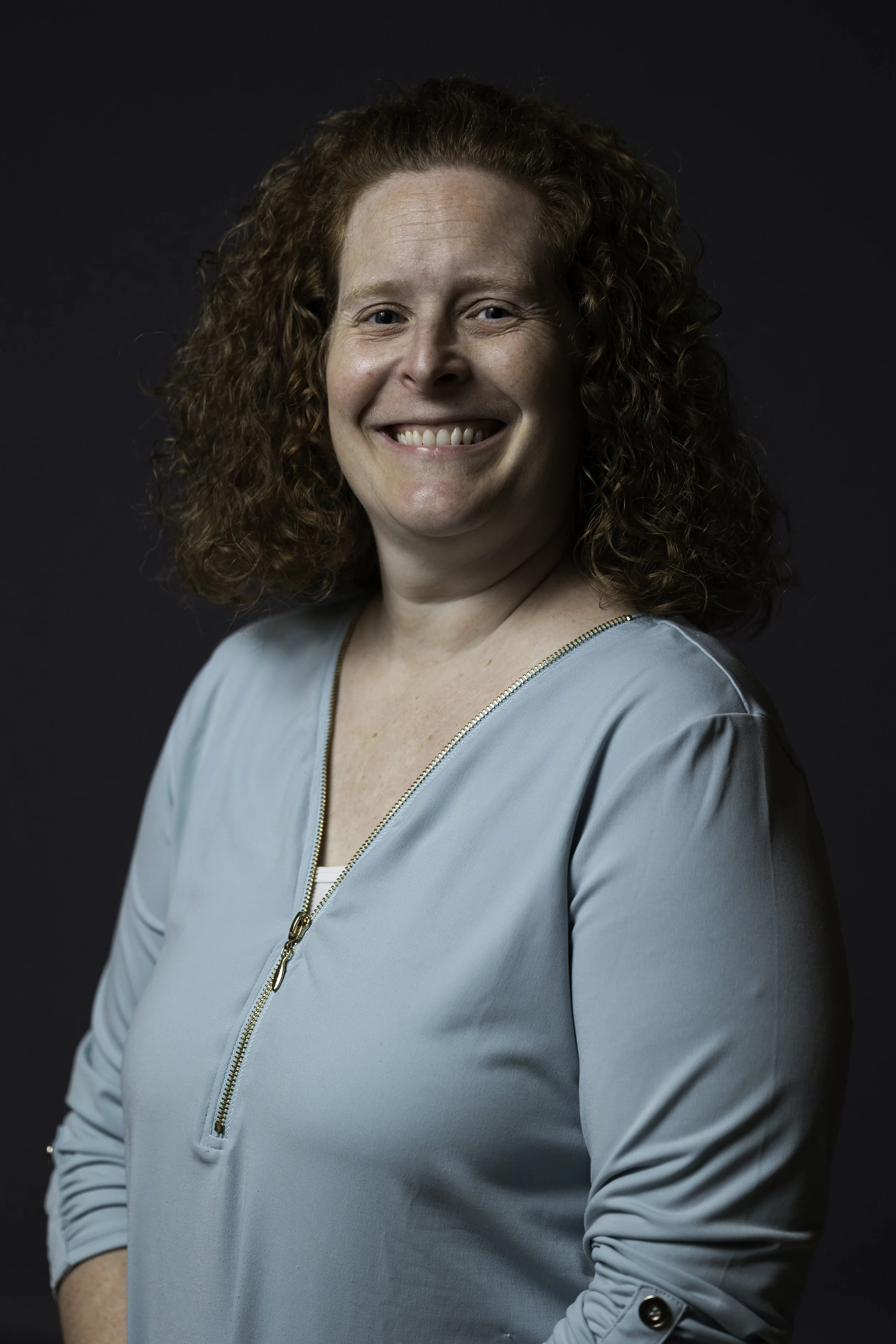
Jennifer Francisco
ASL CONTENT SPECIALIST
Jennifer is the Educational Interpreter Project Coordinator for Florida; she works with all K-12 educational interpreters across Florida. She holds certifications in: Elementary Education, Reading Education, Deaf Education, and an endorsement in ESOL.She is passionate about Deaf Education and providing the best access to education and language for all Deaf and hard of hearing students. Jennifer believes in working with all staff members who work with Deaf and Hard of hearing students because we all should share the same goal of providing the best of best for our DHH students.
-
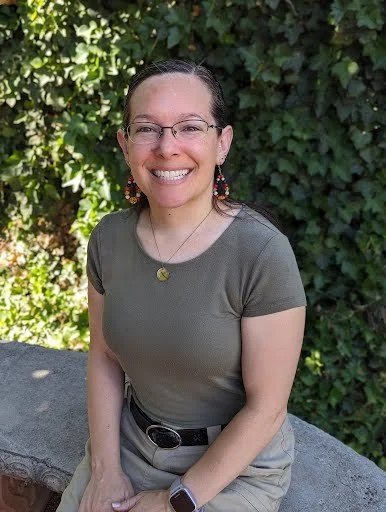
Dr. Leah Geer
CONTENT EXPERT
Leah is the Director of the Early Intervention Studies graduate programs at Gallaudet University—programs she herself completed as a student. A proud three-time Gallaudet alum, she holds an MA in Linguistics (2010), a Graduate Certificate (2023), and an MA (2024) in Early Intervention Studies. She earned her PhD in Linguistics from The University of Texas at Austin. Leah is the co-author of ASL at Home, a routine-based ASL curriculum for families with young deaf children, and serves as a Commissioner for the Commission on Collegiate Interpreter Education (CCIE) and as a Board Member of the American Board of Deaf and Hard of Hearing Services (ABDHHS).
-
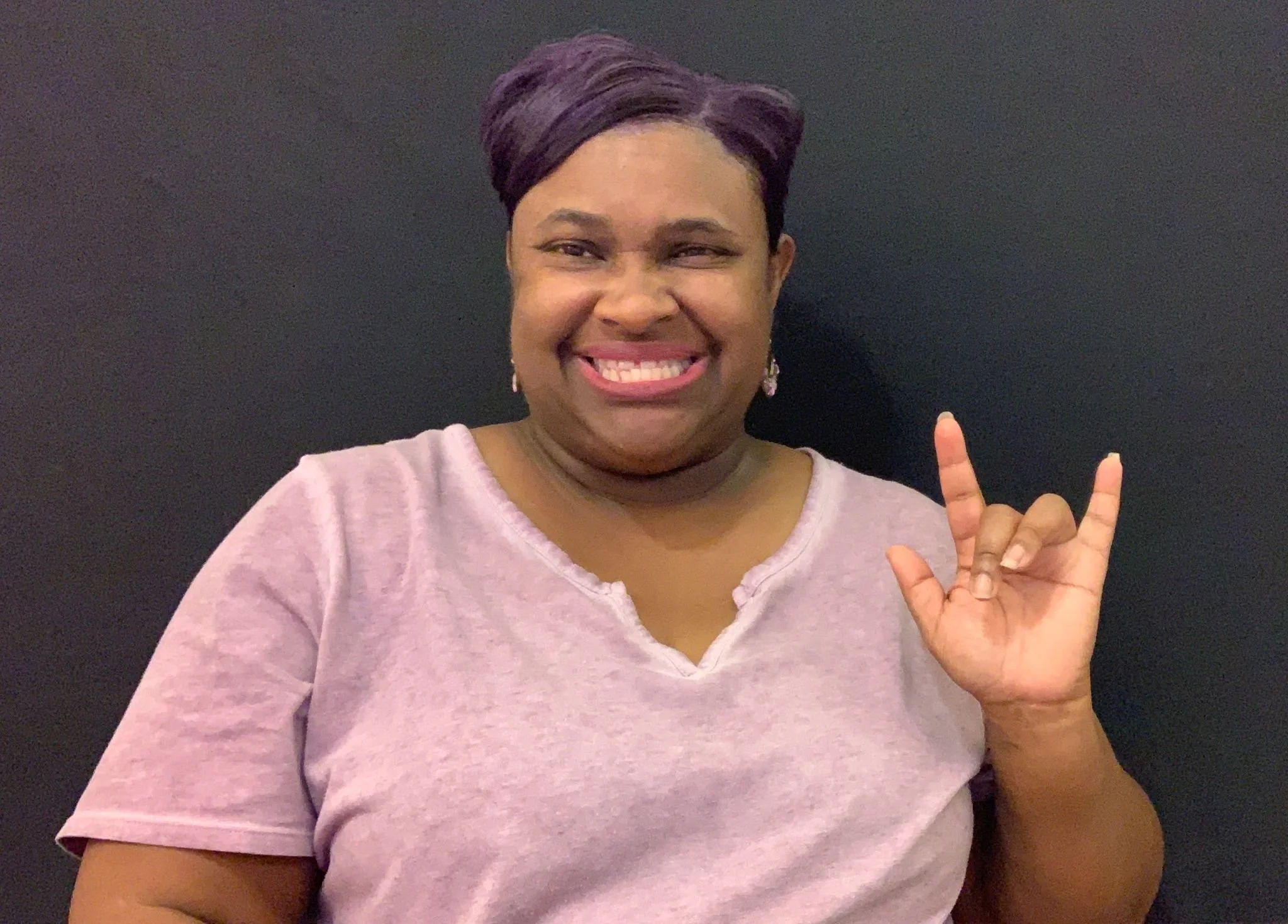
Latrina Harris-Lewis
ASL CONTENT SPECIALIST
Latrina, a proud Dallas native with 20 years of teaching experience in public schools and at the Arizona State School for the Deaf and Blind (ASDB), now serves as a Family Services Specialist for the Arizona Commission for the Deaf and Hard of Hearing (ACDHH). She is also a Family Language Connector Program (FLCP) Coordinator through the Heritage Sign Languages Center (HSLC) in collaboration with Gallaudet University. Latrina co-founded Arizona Black Deaf Excellence (ABDE)—a support group and social club dedicated to uplifting the Black Deaf community through shared resources, scholarships for Black Deaf youth, and cultural events. She also works in theater as the Director of Artistic Sign Language (DASL), also known as a Sign Master, ASL Master, or ASL Coach, specializing in working with signing actors on stage or providing feedback to ASL interpreters for sign-interpreted performances at Tucson Broadway and Arizona Theater Company (ATC).
-
Marissa Chappell
CONTENT CREATER
Marissa is a multilingual speech-language pathologist who specializes in working with children who are Deaf, DeafBlind, and Deaf with other complex communication needs, as well as children who use Augmentative and Alternative Communication (AAC) that use English, Spanish, or ASL as their first language(s). Marissa has experience working in private practice, mainstream schools, early intervention, and residential bilingual school environments. Marissa holds a Master of Science in Speech-Language Pathology from the University of Tennessee Health Science Center, and is the recipient of an OSEP grant titled "Improving Early Language and Pre-Literacy Outcomes for Young Deaf and Hard of Hearing Children". In her off time, Marissa loves reading books, swimming, and learning new languages.
-

Quinn Kelly
CONTENT EXPERT
Quinn is a bilingual, American Sign Language (ASL), certified speech-language pathologist at a school for a Deaf in New York. She received her B.A in Linguistics from Montclair State University with a concentration in ASL, and her M.S. in Communication Sciences and Disorders from Mercy College. She primarily services DeafDisabled students targeting Augmentative and Alternative Communication (AAC) and expressive and receptive language in ASL. She also currently works in a private practice servicing families in northern New Jersey. Quinn has worked with both neurotypical and neurodiverse populations through various bilingual approaches with ASL and AAC. Quinn has conducted and presented research about AAC use with d/Deaf individuals on the national and international level. Quinn currently holds her ASL-PI certificate from Gallaudet University. She currently resides in New Jersey.
-
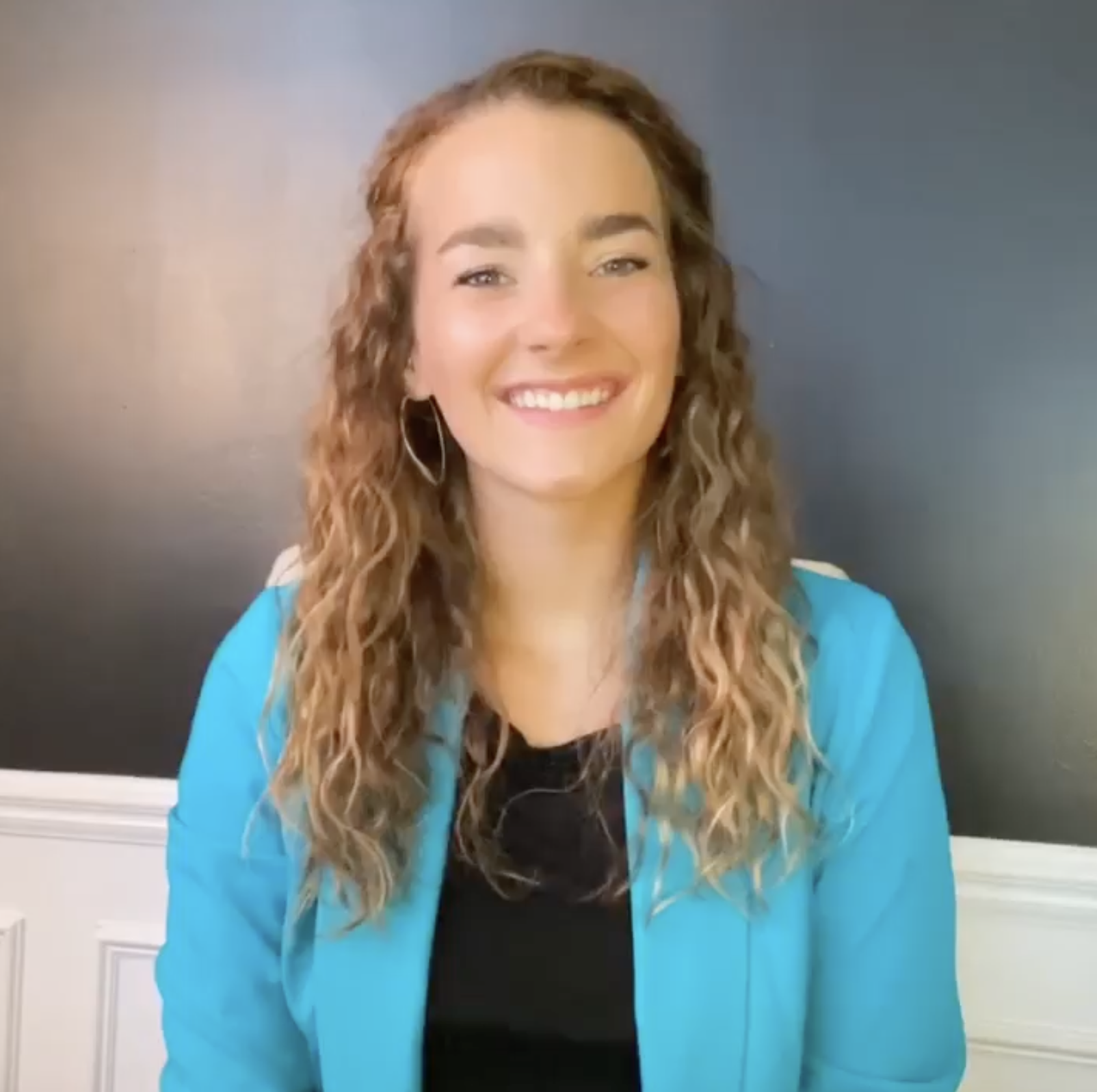
Britta Schwall
ASL CONTENT SPECIALIST
Britta Schwall is a third-generation Deaf bilingual with a deep passion for ending language deprivation and promoting linguistic equity. She holds a Master’s degree in Language and Literacy Education from Boston University and a Bachelor’s degree in Business Management from the Rochester Institute of Technology. Britta is the Marketing and Translation Coordinator at the ASL Education Center, where she combines her strategic expertise with a commitment to accessible and inclusive education for K-12.
-

Claire Decker
ASL CONTENT SPECIALIST
Claire is a Deaf individual, native ASL user, and passionate advocate for empowering families to develop meaningful relationships with their deaf and hard of hearing children. With a Master's degree in Deaf Education and experience as a Deaf Mentor, Claire is deeply committed to bridging communication gaps and supporting families in creating inclusive and supportive environments. Coming from a hearing family herself, she brings a unique perspective to the challenges and rewards of communication across different experiences, particularly in navigating the complexities of Deaf and hearing identities. When Claire isn't working, she enjoys spending time with her family, the WNBA, traveling, and cooking!
-

Alvina LaPlante
EVENT INTERPRETER
Alvina has been a nationally certified interpreter since 2007 in settings and experiences including VRS, DeafBlind, medical, entertainment, government, school for the deaf, designated interpreter for a deaf leader, post secondary, VRI, mental health, employment, and recreation/adventure. She earned her National Interpreter Certification - Advanced in 2007 and was recognized with the Registry of Interpreters for the Deaf: Educational Interpreter certified credential in 2012. She is an alumnus of University of Northern Colorado with a baccalaureate degree in ASL-English Interpreting. She was born and raised in Baton Rouge, Louisiana and now lives and works in Saint Augustine, Florida.
-
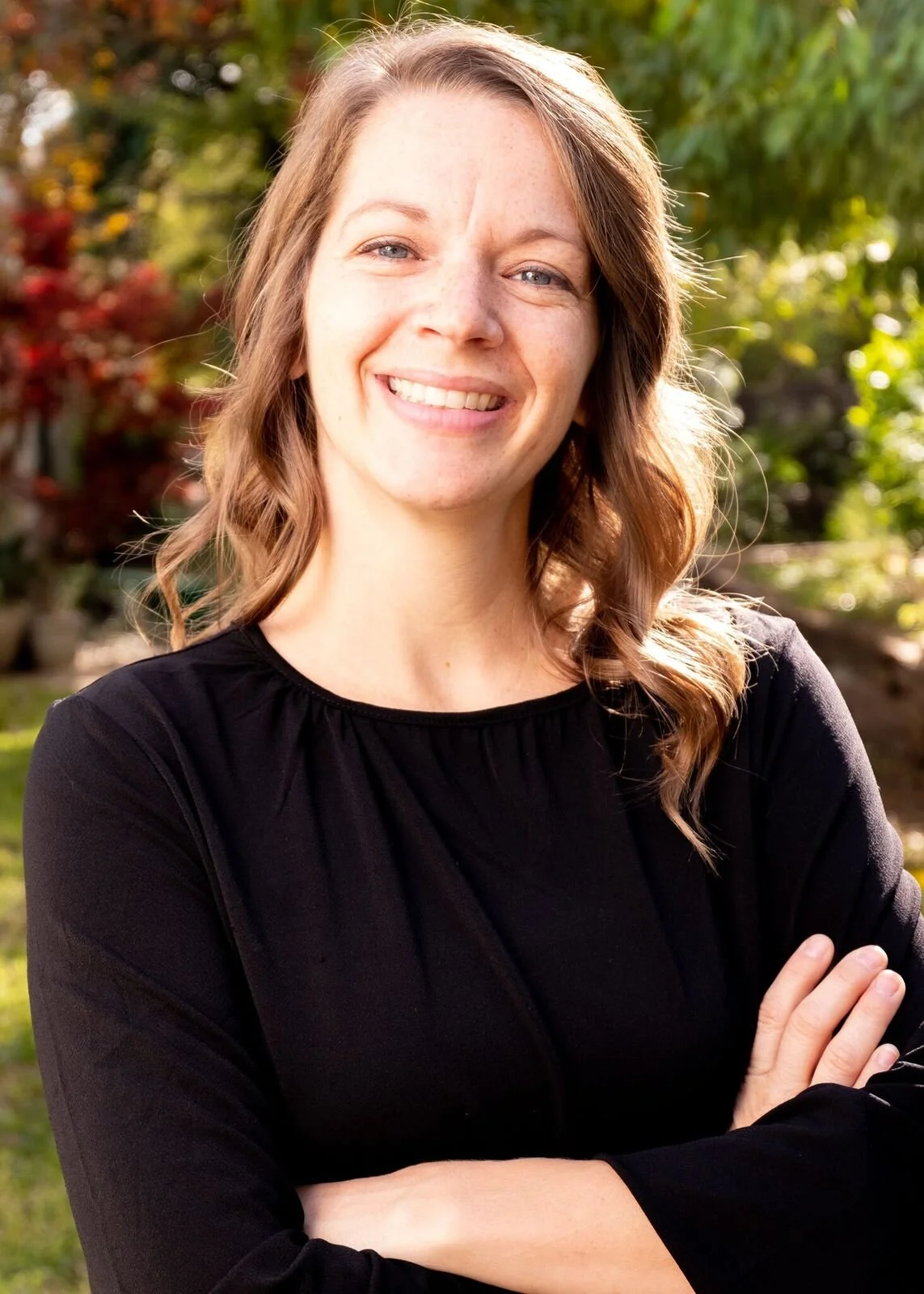
Andrea Rehkopf
EVENT INTERPRETER
Andrea Rehkopf has been interpreting professionally since 2006. She grew up in Michigan, lived in Austin, Texas for a few years and now resides in Colorado. Andrea works in a variety of settings as a freelance interpreter, such as: post secondary education, meetings, mental health, platform, high profile settings and many many more.
-
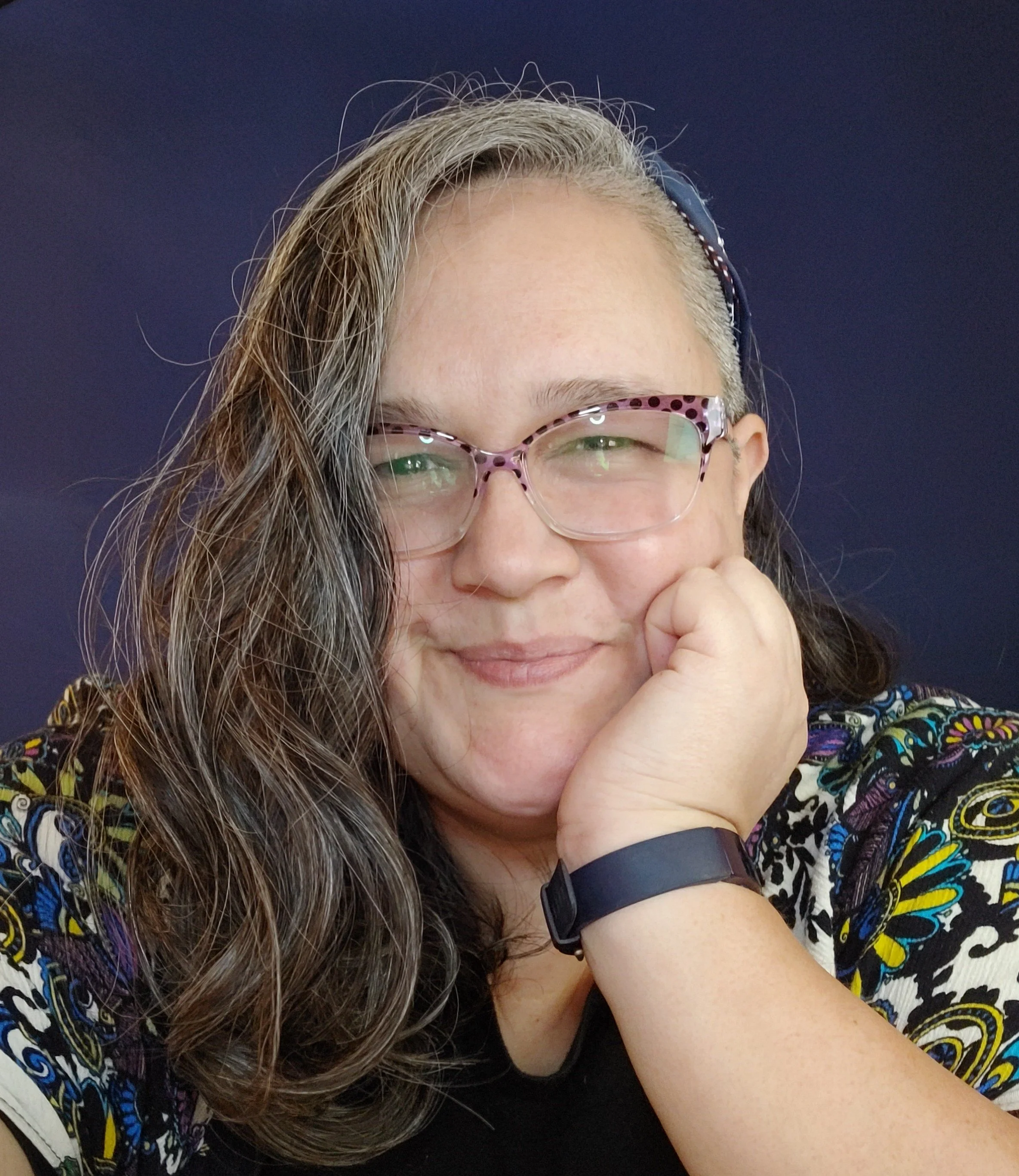
Katie Fitzpatrick
EVENT INTERPRETER
Katie Fitzpatrick is an NIC Advanced and BEI III. Katie has been a nationally certified ASL/English interpreter since 2007, and an interpreter educator since 2015. Their personal and professional life have both been deeply ingrained with a passion for all aspects of language, which culminated in an MA in Linguistics from Gallaudet University. They strongly believe that fully accessible language acquisition shapes and molds every nook and cranny of our lives, and is proud to play a small part in this process!
-

Jackie Gonzalez
EVENT INTERPRETER
Jackie Gonzalez, MS, NIC-A, is a Hawai’i-based ASL interpreter who is known for her enthusiasm, commitment to community engagement, and honesty. In addition to perpetually redefining what it means to be a supportive and responsive CrossFit and Community Health Coach, she is committed to the continual development of her craft as an ethical, effective, and competent ASL interpreter with strengths as a generalist as well as in specialty settings. The bulk of her practice can be found in public health, pediatric and adult health care, community and higher education, non-profit management, professional development, and local press conferences. Her work in pediatric health care is guided by the belief that regardless of their age, all youth have the right to be fully informed about and participate in every aspect of their own care, which aligns her with the mission of Language First and the great work they do.
-

Sarah Houston
EVENT INTERPRETER
Born and raised in Michigan, Sarah Houston brings a wealth of experience and dedication to the Deaf community. As a CODA (Child of Deaf Adults) and mother of five, including a Deaf teenage son, her connection to the Deaf world is deeply personal. Sarah has been a professional interpreter for over 20 years, working extensively in medical, mental health, and educational environments. Her commitment to the field is further demonstrated through her decade of service on Michigan's Board of Qualified Interpreters, where she currently holds the position of Vice Chair. Sarah also serves as President of CodaMidwest, actively contributing to the CODA community. In addition to her professional endeavors, Sarah served as her mother's caregiver until her passing in March 2025.
-
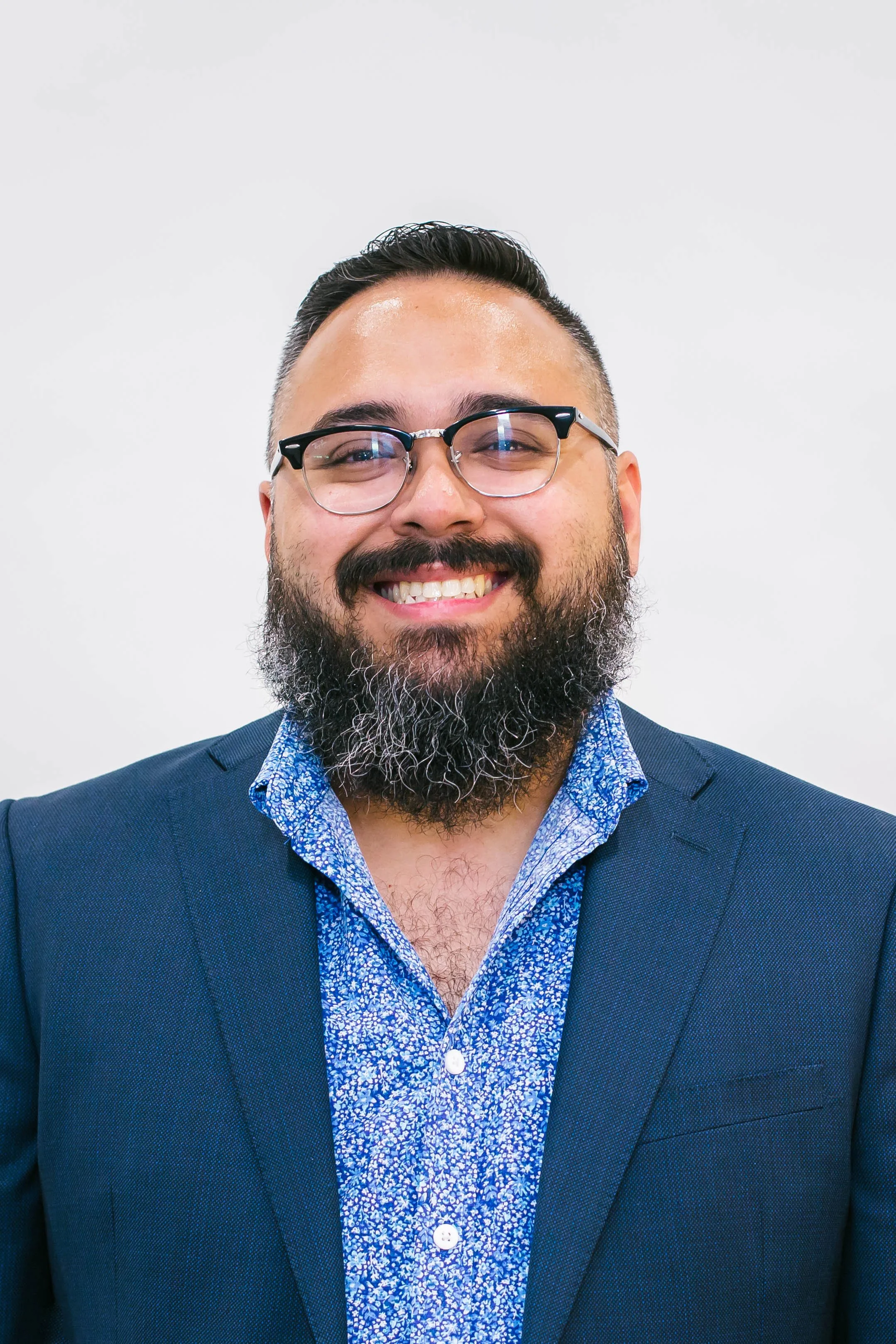
Jose Peralez III
EVENT INTERPRETER
Jose is a Rio Grande Valley (south Texas) native. He moved to San Antonio, TX where he received his A.A.S. in American Sign Language – Sign Language Interpreting and A.A. in American Sign Language from San Antonio College in 2013. Jose works in a variety of settings including post-secondary, K-12, medical, conference, theatrical, cruise/tourism, VRS, and virtual. He has previously served as a board member for the Texas Society of Interpreters for the Deaf (TSID) and is a member of other various organizations. In December 2021, Jose graduated from William Woods University with a B.S. in Interpretation Studies ASL-English and a minor in Business Administration. Jose currently resides in San Antonio, TX where he continues to interpret, develop workshops, and works as a mentor with students at his alma mater of San Antonio College. He currently holds his Board for Evaluation of Interpreters (BEI) – Advanced level and his Registry of Interpreters for the Deaf – National Interpreter Certificate.
-

Chevon Ramey
EVENT INTERPRETER
Chevon Nicole Ramey resides in San Antonio, Texas where she received her A.A.S in American Sign Language - Sign Language Interpreting from San Antonio College in 2010. She began working as a BEI (Board for Evaluation of Interpreters) certified interpreter in 2011 and has worked in a variety of settings to include community, medical, post-secondary, educational, conference, theatrical, VRS, cruise and virtual. Chevon obtained her B.A.A.S in Psychology at Texas A&M University – San Antonio in 2012 and later received a Master of Arts in Interpreting Studies with an emphasis in Teaching from Western Oregon University in 2021. She currently holds a BEI - Advanced and BEI - Medical certification.
-
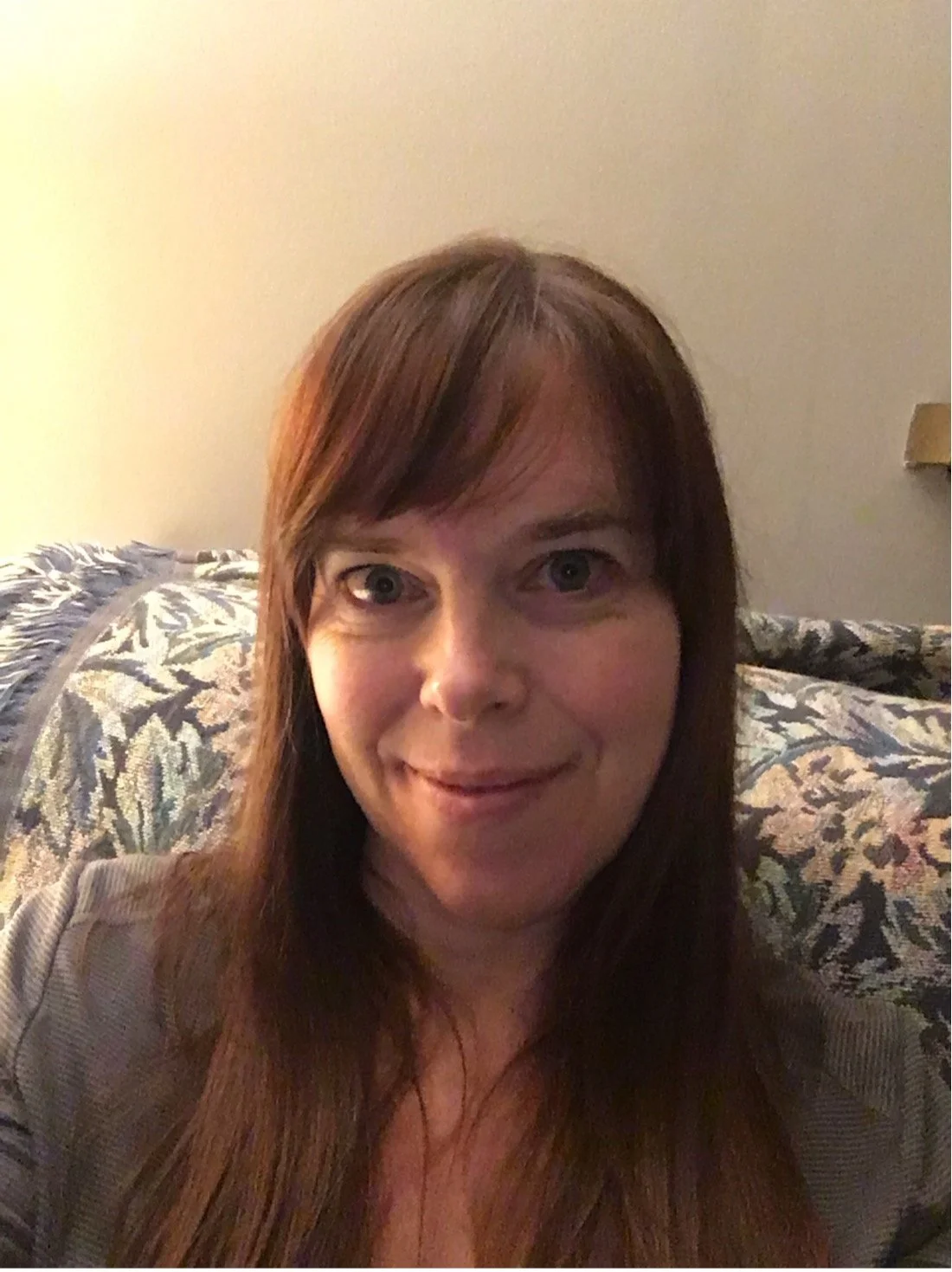
Cristine Saunders
EVENT INTERPRETER
Cristine has a Bachelor of Science in Hydrogeology and has been interpreting professionally since 1991, first as a Michigan State certified interpreter and then earning national certification (RID CI/CT) in 2005. She has worked in a variety of settings, but focuses on post-secondary education, medical and mental health, and working with Deaf professionals. She lives in Michigan with her husband and elderly kitty and enjoys exploring other countries, trying out new recipes and hiking in beautiful places.
What do people have to say about Language First?
-
“Language First stresses the importance of language acquisition rather than relying solely on hearing. Language First also debunks the myths that you have to hear in order to be happy and successful.”
Karenita
-
“Language First has already helped my family advocate for ASL inside a school system that had zero understanding of deafness and deaf education.”
Will
-
“In a world full of misinformation surrounding deafness, Language First is an extraordinary resource.”
Pallavi
-
“Kim is very knowledgeable in her area of expertise and her passion is evident. She takes the time to answer questions during her webinars as well as accepting new ideas and resources from participants. When attending her webinars, Kim is very humble and makes attendees feel as equals. Best of all, she takes hot topics in the field and can explain them in terms all can understand. Her presentations are always presented in an unbiased way and exposing the biased approached in the field unapologetically. She’s a breath of fresh air in the field!”
Anonymous
-
“Not only did Kim provide an evidence-based presentation to our staff members, but she presented the information in a way that was clear, engaging, and non-threatening. This created a space for our staff to have an open dialogue full of questions and comments pertaining to working with our diverse student population. This ultimately has allowed us to explore (and continue to explore) best practices for our students.”
Leigh
-
“Kimberly was knowledgeable and engaging throughout the three hour presentation. She came prepared with helpful handouts and video examples of how she uses bilingualism in her daily practice. She answered the therapists questions and concerns, and offered to return for future workshops and collaboration. In my opinion, Kimberly was able to give my department a deeper level of understanding of bilingualism and the unique role of the SLP in a bilingual program.”
Kim


